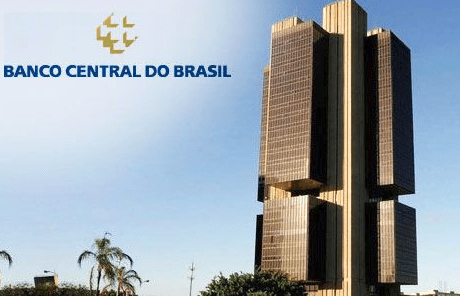The bank disclosed on Tuesday that deliberations surfaced in Brazil’s central bank’s rate-setting committee about adopting more conservative approaches to future interest rate reductions. This cautious stance is attributed to the potential for increased uncertainty both within Brazil and on the global stage.
Brazil’s Central Bank Considers Smaller Rate Cuts After Latest Cut

During its meeting on March 19-20, which saw the benchmark interest rate trimmed by 50 basis points to 10.75%, the central bank highlighted the crucial role of updated data in determining the final interest rate and its trajectory. The minutes revealed, “Particular emphasis was placed on the importance of fresh data in guiding the final interest rate decision and its trajectory.”
A segment of the committee members proposed that should future uncertainties remain elevated, it might be prudent to moderate the pace of monetary easing, regardless of the target rate. This suggestion aligns with the latest inflation figures released on the same day as the minutes, which showed a 4.14% increase over the 12 months leading to mid-March, slightly surpassing market predictions.
Nicolas Borsoi, chief economist at Nova Futura Investimentos, pointed out that the acceleration in the core services inflation over a three-month annualised average further complicates the inflation narrative. Borsoi noted, “Given the insights from the minutes and the recent inflation data, it leaves open the possibility of a 50 basis-point reduction in June, but it also hints at the potential need for the central bank to decelerate the rate cuts.”
Don’t miss out the latest news, subscribe to LeapRate’s newsletter
Previously, the central bank had already hinted at a possible shift in its monetary easing strategy by limiting its forward guidance to the next meeting, suggesting a potential alteration in the easing policy beyond the May meeting. This represented a departure from earlier communications that suggested continued rate cuts at a consistent pace.
Since embarking on a rate-cutting journey from a six-year peak of 13.75%—a rate maintained for nearly a year to control inflation—the central bank has lowered interest rates by 300 basis points, with consistent 50 basis-point reductions at each session.
The minutes further disclosed that the committee unanimously agreed that the prevailing uncertainties diminish the value of forward signalling while increasing its costs. The central bank clarified that this adjustment in signalling should not be misconstrued as a change in the monetary policy cycle, given the current economic outlook.